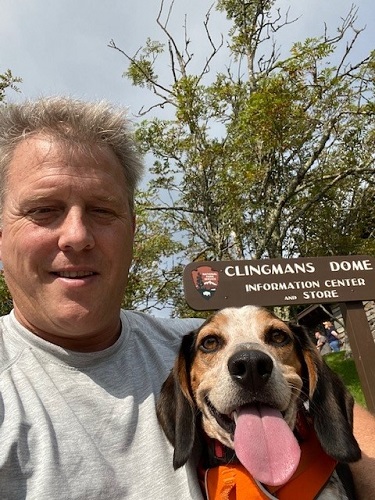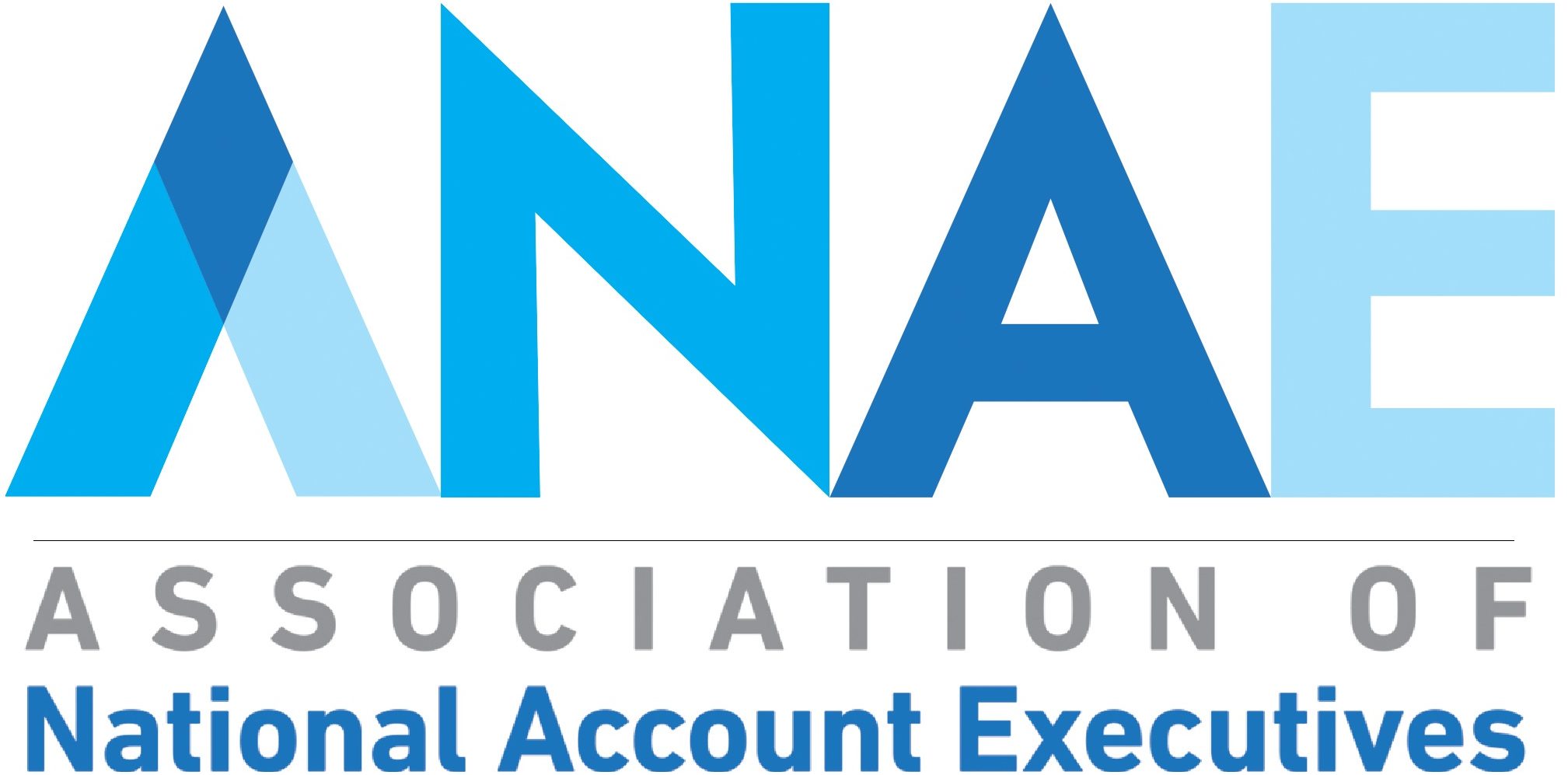Darby Thompson, a partner with Excelerant Consulting, joined John Pritchard for a conversation about his background and what national account executives can do for the healthcare industry in 2022. He also shared some of his passions outside of his job.
John Pritchard: Darby, please summarize your industry background and the role you’re in today.
Darby Thompson (Partner, Excelerant Consulting): Thanks, John. My background is fairly diverse. I started with a company called Owen Healthcare right out of college. We managed the Med-Surg supply chain and pharmacy. So, I got that firsthand provider experience at several facilities on the East Coast, in the South, and the Midwest. From there, I went to the manufacturing side and started with a company called DeRoyal. I worked for them in Texas and a couple of other states. Then, I went to the distribution side with Owens & Minor by handling some of their private label lines and eventually working with the distribution side managing national accounts, which included the GPOs, some IDNs, and government.
A few years ago, I decided to bring my passion and experience in healthcare to smaller companies to help bring innovation to the forefront. That led me to work with Excelerant Consulting today. The key to success is listening to the provider. Then you can guide the client with what technology and innovation the provider needs. The goal is to help companies impact the total cost of care or value to the provider at the patient and caregiver level. It’s about improving the quality of care. That’s what I’ve been focusing on for the past 24 months.

JP: As we enter into the third year of the pandemic, what are some of the biggest challenges that the healthcare industry faces bringing products and services to market in 2022?
DT: We still have to focus on the logistics of it. We need greater optics on where a product is. We need to broaden the locations of manufacturing and raw materials. There’s a lot of turmoil in the world beyond the pandemic that impacts the availability of healthcare products.
We’ve always seen and have had to manage the pharmaceutical side having shortages of medications. The pandemic exposed the Med-Surg side of healthcare. We can learn from it, and we have to. We can’t afford to forget about it. Healthcare is in its climate crisis of change. It was there before the pandemic. Our industry will continue to have these rolling disruptions.
We need to communicate better to build and drive stronger partnerships between IDNs, manufacturers and GPOs. The management of reserve inventories will also play a role.
JP: The vast majority of our readers are national and corporate account executives. What are the most critical issues within IDNs and their distribution and logistics channels today that national account executives should understand?
DT: National account executives are in a unique situation of having broad exposure to almost every aspect of healthcare management. If you’re a manufacturer, you have exposure to distributors, GPOs and IDNs. Much of the time, we focus on driving business and guiding the relationships for those organizations. Still, the real value a national accounts executive can bring in today’s environment is listening to the IDNs, understanding the process of how distributors are moving products, and utilizing that channel. Also, understand the programs and services in the GPOs and how they will contract in the future. National account executives can then take this information back to their executive teams to build a strategy that integrates all the changes occurring in the market.
Hospitals are looking to improve population health by focusing on the quality of care. They also have inflationary pressures coming in and if you can provide ways for them to be more efficient, then bring that message forward to them. Many of them are running at a 3% profitability, and we’re seeing 6-12% inflation in many categories in the market. Take that message to the corporate level of your companies so they can position and bring value and solutions, in order to counteract the inflation. Those who can do this will be the big winners, in my opinion.
JP: Many health systems are experiencing supply shortages. How should national account executives handle supply concerns with their accounts?
DT: Utilize your network and be a resource to your health systems. If you know there’s an issue coming, communicate that to them. Give them that heads up, mainly if it’s within your own company. Sales VPs manage much of that, but if you have high-level IDN connections, your communication at a corporate level to keep people advised can bring confidence in your company and bring stability to your customer relationship.
JP: You know, it’s said if you’ve seen one IDN then you’ve seen one IDN. How does Excelerant Consulting assist its clients through the uniqueness of the IDN marketplace?
DT: There are some basics that everyone wants to accomplish, and it comes back to what I said earlier. There’s a focus on the quality of care and improving costs, and we have that general knowledge among the consultants. It’s an experienced crew at Excelerant Consulting, and we all have very diverse backgrounds in healthcare.
Collectively, we listen, have in-depth conversations, discuss strategy, develop solutions and help guide at the macro- to micro-level within the IDNs. We also know the specific process and nuances of each of the larger IDNs. If the individual consultant doesn’t have that, we have a team we can reach out to and have that conversation on the guidance for managing that individual IDN.
JP: Let’s get personal for a second. What are some of your hobbies or activities you enjoy in your free time?
DT: I live a little bit remote in the mountains of Tennessee. As you know, I travel a lot. I work hard, but I like to step back and get away from technology and traffic. I enjoy hiking and fly fishing. I spend quite a bit of time doing activities with my boys, who are both in college. I live off of a little stream in the mountains, so we can just take a walk in the backyard and enjoy all of that. Of late, that’s been the primary focus to enjoy what Mother Nature has to offer in East Tennessee.
JP: Do you remember a mentor or someone that helped you in your career that you could share?
DT: I think anybody successful has been blessed with good mentors and blessed with a good network. There’s a handful. I’ve been influenced by many people and continue to be. But I really got my break in the industry through Bobby Parker. He was the president of Owen Healthcare. He brought me in as an intern. Not only was he a great operational guy for pharmacy and supply chain, but he was an enthusiastic believer in developing new talent for the industry.
I’d say another individual who had a strong influence on me when I came into national accounts was Jack Payne, who I worked with at DeRoyal. He had done the job before. As I learned the ropes, he was particularly good at coaching and providing direction about how national accounts must work internally to build solid relationships within your own company.
Darby Thompson has nearly 30 years of sales and operational experience in healthcare. He is an expert in navigating the complexities of bringing products and services to market through GPO, distributor, and IDN channels. He specializes in delivering provider value and has a proven track record of creating competitive advantages that result in sales growth, GPO and IDN contract awards, access to distribution, and engagement with key influencers and decision makers.
